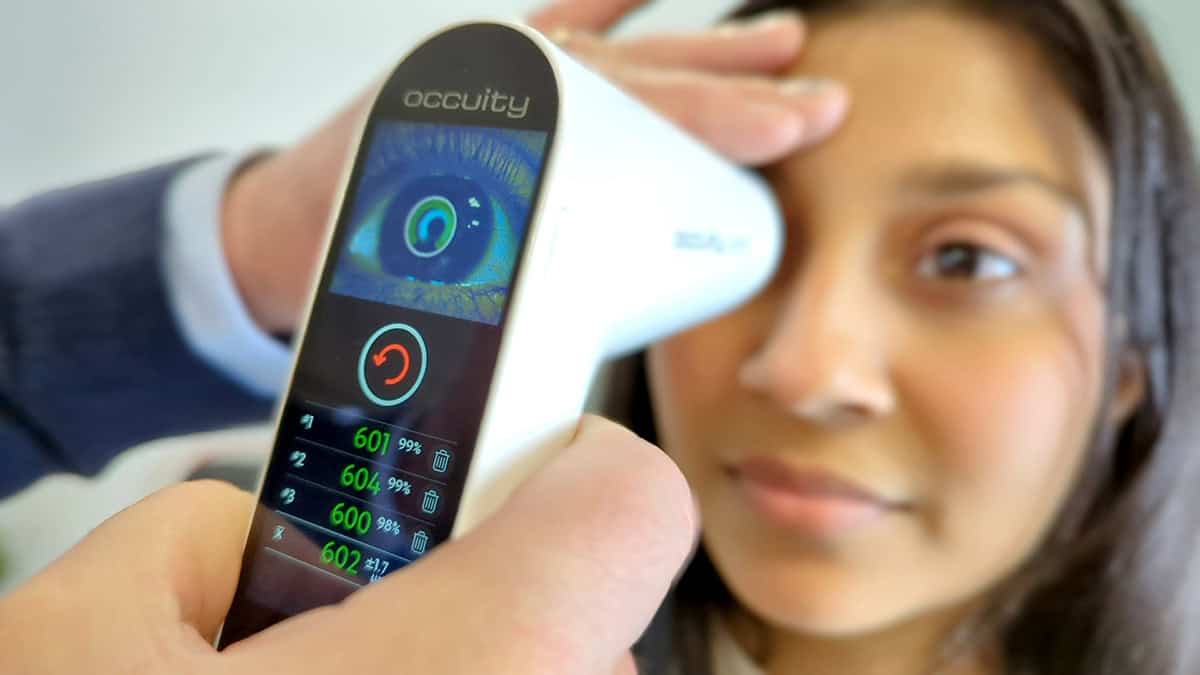A 44-year-old male patient who had been taking medication for hypertension suddenly experienced consciousness disorders due to a stroke. Dr. Nguyen Anh Minh, an emergency physician at the Stroke Center in Phu Tho General Hospital, reported that the patient was admitted with symptoms of headaches and severe vomiting. After a CT scan, it was revealed that the patient had subarachnoid bleeding, dilated ventricles, and an aneurysm in the artery.
The doctors diagnosed the patient with meningeal hemorrhage caused by a ruptured anterior communicating aneurysm, which was exacerbated by hypertension. The patient underwent surgery to treat the aneurysm and three days later showed signs of good recovery, being able to communicate and move his arms and legs almost normally. Dr. Minh emphasized that failing to take daily blood pressure medication can lead to increased blood pressure, which can result in a stroke.
A brain aneurysm occurs when blood vessels in the brain swell or bulge, often in areas where the vessel wall is weak. Risk factors for brain aneurysms include high blood pressure, smoking, alcoholism, substance abuse, infections, and trauma. To prevent life-threatening complications from occurring, it is recommended that people undergo regular check-ups for their blood vessels and maintain a healthy lifestyle by eating a balanced diet and exercising regularly.
Additionally, individuals should take medication as prescribed for underlying medical conditions such as hypertension or diabetes. In cases where individuals experience persistent headaches or other concerning symptoms related to their medical history or lifestyle habits, they should seek medical attention promptly.
Overall, maintaining daily medication regimens and engaging in healthy lifestyle habits can significantly reduce the risk of developing brain aneurysms or other life-threatening complications related to high blood pressure or other medical conditions.



